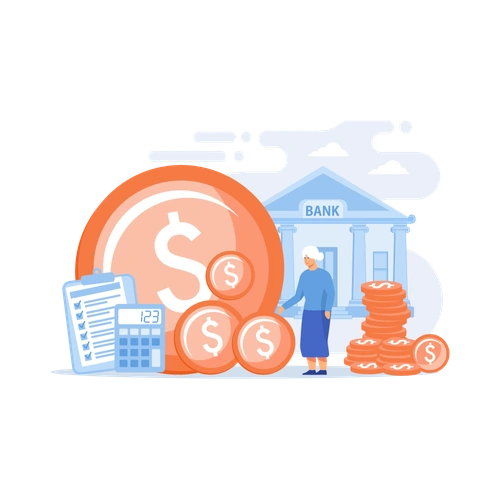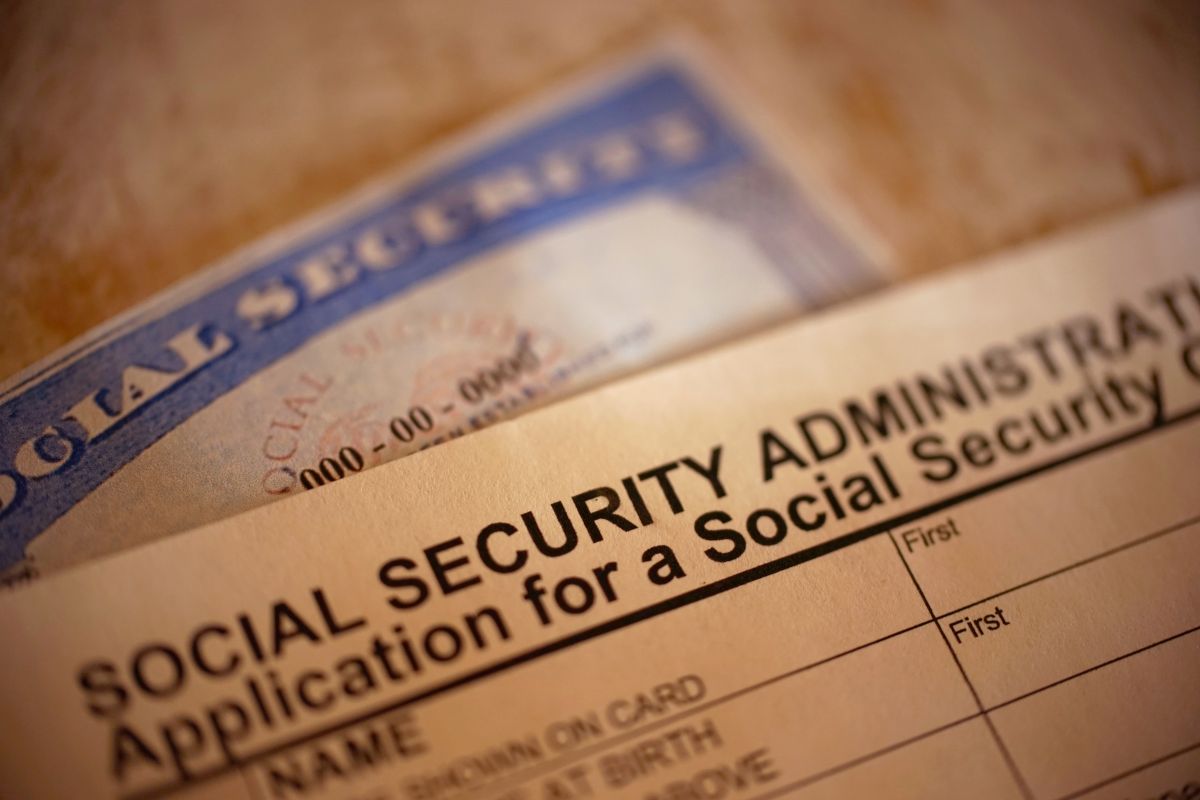
How to Live on Social Security and No Other Income
Social Security was started in 1935 as a way to provide supplemental income to retired individuals. The program significantly reduced the percentage of people over the age of 62 who lived in poverty. As of 2021, the poverty rate in that age group was less than 10%.
The Social Security program was never meant to be the sole source of income for retired individuals. It should be considered a helpful addition to other income from retirement plans, pensions, and other assets like annuities and stocks. However, many people rely on Social Security to provide most of their retirement income.
If you find yourself in the position of not having other financial assets as you near retirement, you’ll need to know how to make the most of your Social Security benefits. Today, we’ll tell you about a few things you can do to help make ends meet.
Enter Retirement with No Debt
Arguably, the best thing you can do to have financial security in retirement is to pay off all your debt before you quit working. People who don’t have to worry about a mortgage, car payments, or credit card debt can use their Social Security benefits for current living expenses.
The Urban Institute uncovered a surprising statistic that showed almost 8% of homeowners who were over 65 years old we actually upside down in their mortgage debt as of 2012. That’s a tough situation for anyone on a fixed income to be in.
You’ll need to plan a few years ahead if you want to retire with no debt. Create a budget, live below your means, and put every available dollar toward your debt. There are hundreds of articles online about how to cut costs when you need to slash your budget. You may have to make some sacrifices, but it will be much easier to do now while you have income from your job than when you are retired and living on Social Security alone.
Continue Working Until Age 70
Many people associate age 65 as the age of retirement. In reality, the only thing that happens when you turn 65 is that you are eligible for Medicare.
Social Security bases your full retirement age on the year you were born. Individuals born between 1943 - 1954 will reach their full retirement age at 66. Those who were born in or after 1960 reach full retirement age at 67, with those between the years of 1954 and 1960 falling somewhere in the middle.
Your full retirement age (FRA) is important to consider because that’s when Social Security will pay 100% of the benefits you’re entitled to based on your earnings. That number is called your primary insurance amount.
If you take Social Security early, you reduce your monthly benefits. On the other hand, taking it later than your FRA will increase the amount you get each month. For example, if your FRA is 67, but you want until you are 70 to start taking benefits, you’ll get 124% of your primary insurance amount. This higher amount will last for the rest of your life.
Downsize Your Residence
Whether your home is paid off or not, downsizing is a great way to save money and decrease your living expenses. Larger homes mean more utility costs and more expensive maintenance and repairs. Downsizing is a simple way to reduce the costs associated with your home.
You may even consider moving to an area with a lower cost of living. For example, retirees living in New York will have much higher living expenses than those living in more rural areas. This might even trickle over into other areas, like your Medicare Supplement premiums.
Apply for Reduced Medicare Premiums
Many Medicare beneficiaries don’t realize they can apply for lower Medicare premiums. There are several ways you can reduce your Medicare costs.
Medicare Savings Programs offer financial assistance for beneficiaries who have limited income and resources. You may qualify for reduced Part B premiums and lower cost-sharing amounts. You may even qualify for Medicaid, which would significantly reduce your healthcare costs and open you up to even more benefits.
If your income is too higher to receive Medicaid, you may qualify for Extra Help. The Extra Help program helps Medicare beneficiaries pay their Part D premiums and other costs associated with prescription drugs. Surprisingly, it’s estimated that over two million people would qualify for Extra Help but fail to apply for it.
Work with Local Medicare Specialists
The advisors at Local Medicare Specialists can’t help you pay off debt or downsize your home, but we can make sure you’re getting the most competitive rates on your Medicare premiums. We work with you to find out which plans will fit your healthcare needs and your monthly budget. We’ll also help you determine if there are income-based programs you might qualify for.
Find a local Medicare advisor near you and start saving money on Medicare today.
Still Have Medicare Questions?
Schedule a FREE Medicare plan consultation with an agent in your neighborhood.
Privacy and Security: Your privacy and security are extremely important to us. Your personal information is protected by our Privacy Policy
LocalMedicareSpecialists.com is privately owned and operated by LMS Insurance LLC. LocalMedicareSpecialists.com is a non-government resource for those who depend on Medicare, providing Medicare information in a simple and straightforward way.
We do not offer every plan available in your area. Currently we represent 11 organizations which offer 173 products in your area. Please contact Medicare.gov, 1-800-MEDICARE, or your local State Health Insurance Program (SHIP) to get information on all of your options.
